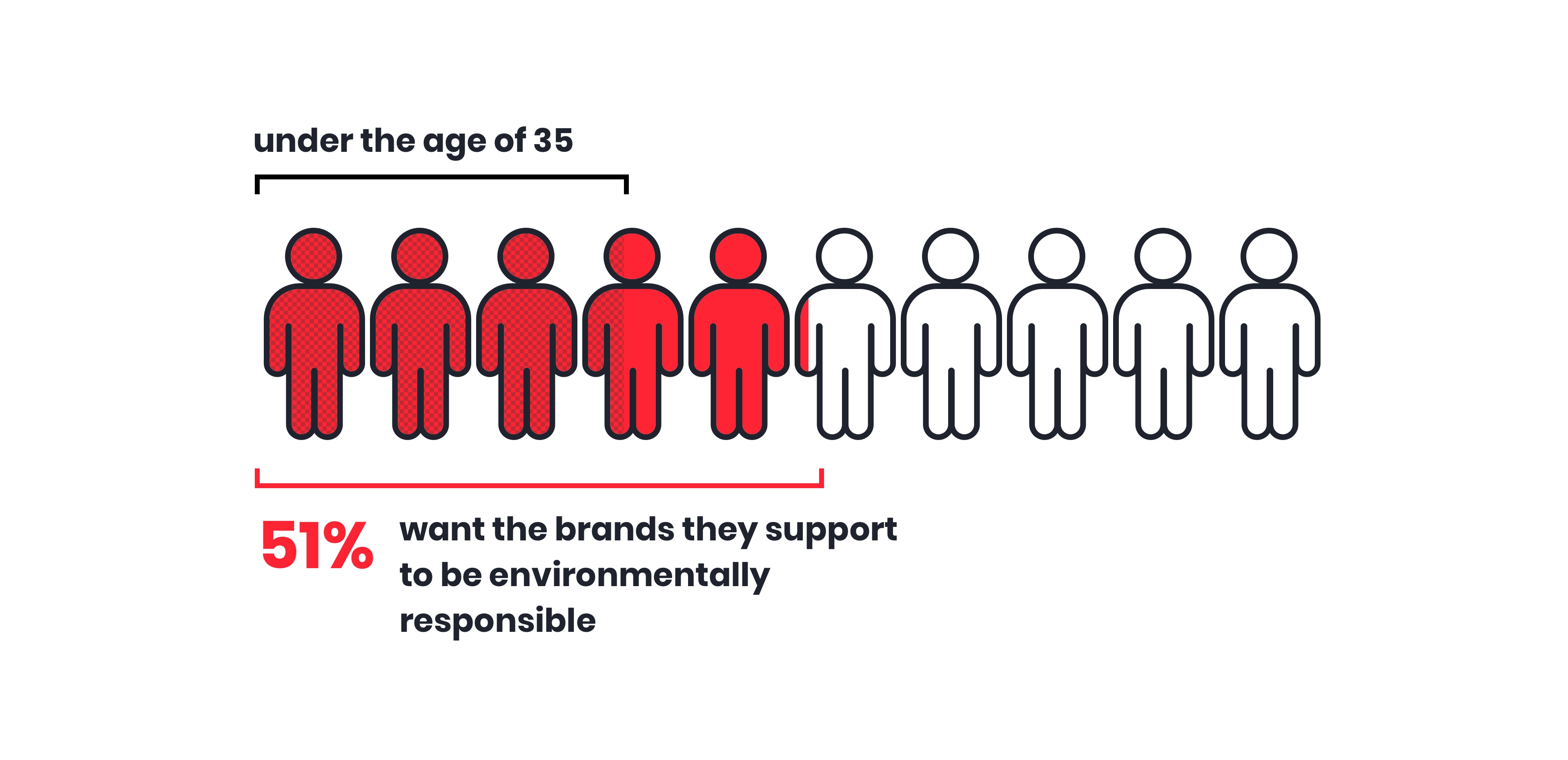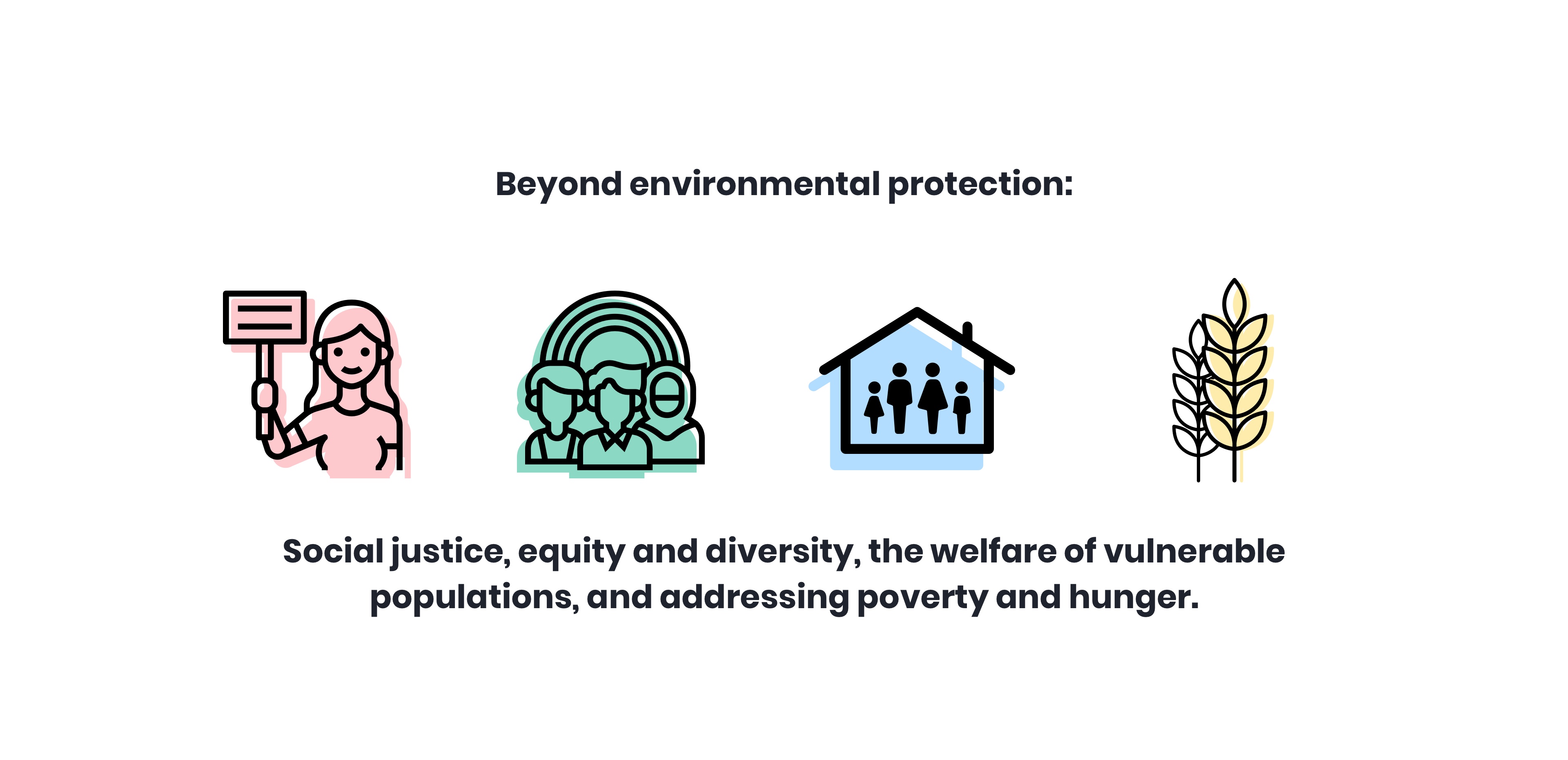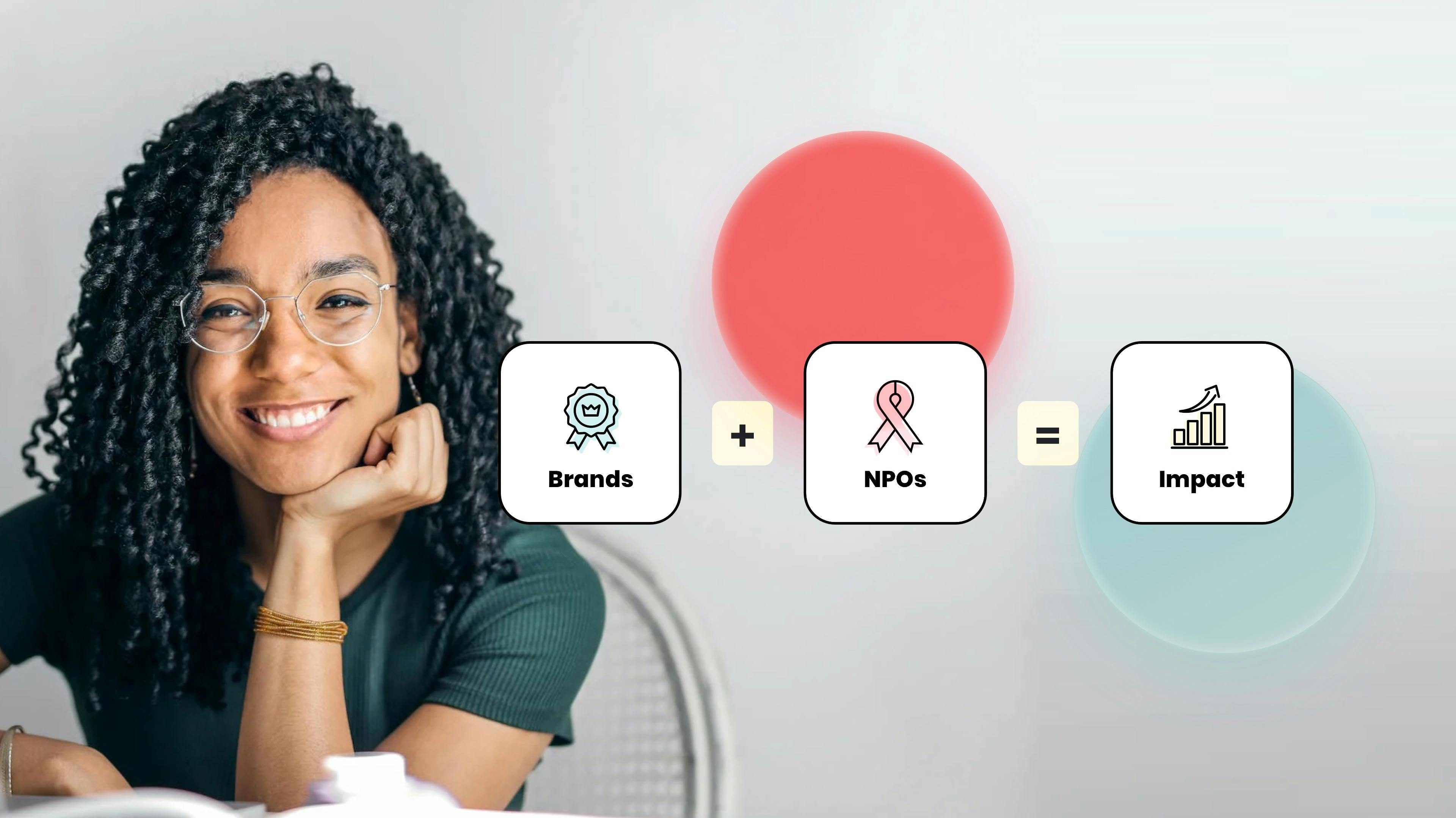The Future of Partnerships in 2023: Aligning Corporate Support with Social Causes
By Keely Gregg in Blog
June 29, 2023 21:00
In the rapidly evolving landscape of charity-corporate relationships, the alignment of corporate support with social causes is becoming indispensable. As the Head of Nonprofit Operations, I see this as an excellent opportunity for synergistic growth. The recent “Future of Loyalty 2023” report by Loyalty Science Lab @ Old Dominion University sheds light on the emerging consumer preference for brands that support social causes. This indicates that the time is ripe for nonprofits to strengthen partnerships with brands and further their missions collaboratively. At in/PACT I experience the dynamic world of consumer-brand relationships, where loyalty programs are evolving to reflect the values and interests of the modern consumer. Loyalty Science Lab @ Old Dominion University’s recent “Future of Loyalty 2023” report uncovers a remarkable shift towards purpose-driven loyalty, as consumers now actively seek brands that champion social causes. Among these causes, environmental protection takes the lead, especially among younger consumers.
A New Era of Environmental Stewardship: The climate crisis looms large, and the report accentuates that 51% of consumers, with an overwhelming 65% of them under 35, want the brands they support to be environmentally responsible. This rising “eco-consciousness” has also spurred 57% of consumers under 35 to actively research the environmental sustainability of the brands they support. Brands are taking note as sustainability has transformed from a peripheral concern to a central facet of corporate strategy and identity.

As the liaison between charities and corporate brands, my team is working relentlessly to build partnerships with environmentally conscious brands. These alliances aim to foster corporate sustainability while also advancing our own environmental conservation initiatives.
Comprehensive Social Engagement: Beyond environmental protection, consumers are looking for holistic social engagement from brands. Issues such as social justice, equity and diversity, the welfare of vulnerable populations, and addressing poverty and hunger are vital. The under-35 demographic is particularly keen to support brands actively involved in these areas. The Loyalty Science Lab report indicates that these other social causes resonate with about one-third of consumers globally. Again, younger consumers under 35 are significantly more inclined to support brands that actively engage with these issues. And the data points suggest that the modern consumer is not only environmentally conscious but also socially aware. This presents a ripe opportunity for brands to cultivate holistic social responsibility and purpose in their operations and communications, weaving a tapestry of values that resonates with the contemporary, younger consumer.

From a nonprofit operations perspective, this prompts us to diversify our range of programs and work with brands that are genuinely committed to making a social impact. Together, we are weaving an intricate network of shared values, making the corporate social responsibility (CSR) initiatives of brands more significant and wide-ranging.
Political Affiliation- A Delicate Balance: One crucial insight from the report is that consumers do not strongly associate brand loyalty with political alignments. Interestingly, despite the political fervor that has characterized recent years, support for political parties or causes aligning with consumers' political viewpoints does not significantly factor into loyalty decisions. The report shows that less than 12% of US consumers consider political alignment in their loyalty choices.
This finding is especially pertinent for brands navigating the fine line between taking a stance on social issues and appearing overtly political. It appears that consumers are more interested in seeing brands make tangible, positive impacts on social causes than in aligning with political entities.
This has implications for how nonprofits engage with brands. It is imperative that we strike a balance, ensuring that our partnerships center on positive social impact rather than political affiliations. This neutrality helps to create a focused, mission-driven collaboration, which is more in line with consumer preferences.
Roadmap for Effective Community Giving Partnerships
- Create Shared Value: Develop community giving programs that not only support charities but also create shared value, where communities, customers, and the brand all benefit from the positive impact being made.
- Assess Alignment: Thoroughly assess the values, mission, and impact of the charity to ensure alignment with the brand's core values and customer interests.
- Champion Authenticity: We must ensure that our corporate partnerships are grounded in authenticity. This involves integrating social commitments into the core operations and values of both parties.
- Innovate in Partnership Programs: As we forge and nurture partnerships between charities, brands, and customers/stakeholders, we must continually innovate in how we recognize and reward these collaborations, aligning them with the social causes that consumers care about.
- Foster Transparent Partnerships: Develop partnerships with charities that are transparent, allowing for clear communication and the sharing of progress and impact stories. This transparency builds trust with consumers.
- Commit Long-term: Instead of one-off campaigns, commit to long-term partnerships with charities and with your customers. Sustainable, measurable change requires time and persistent effort.
Conclusion:
Harnessing insights from the “Future of Loyalty 2023” report, we can foster corporate partnerships that not only resonate with consumer preferences but also profoundly contribute to societal well-being and environmental protection. It's clear that the bond between consumers, brands, and social causes is more than just a trend; it is a profound shift in societal values and expectations. Brands have a golden opportunity to lead with purpose, and charities stand ready as invaluable partners in this endeavor.
To create lasting and dramatic change, it is essential for brands to be discerning and strategic in choosing charity partners. It is imperative to look beyond the surface and align with charities that resonate with the brand’s values, have a demonstrable impact, and engage the community effectively.
Keely Gregg is in/PACT’s Head of Nonprofit Operations where she leads our nonprofit operations as they pertain to the needs and success of in/PACT’s clients and their loyalty donation programs.
in/PACT is the leading provider of integrated cloud-based Social Good Loyalty Solutions, designed to connect and engage customers through community giving. This unique approach transforms a brand's philanthropy into an open dialogue, inviting customers to join forces and direct funding to causes they resonate with. The result is a distinctive communal bond that strengthens customer loyalty, fortifies brand image, and amplifies social-business impact.

